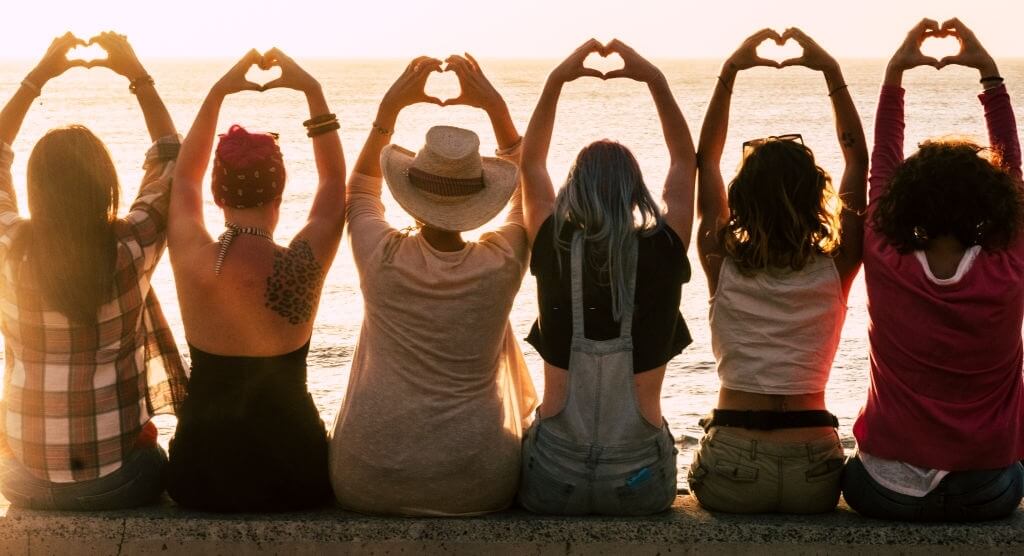About Precious Rubies Foundation
- Our Vision
- Our Mission
- Our Aims and Objectives
- Our Core Areas
First and foremost, our vision is to:
- To empower vulnerable female children and women through emotional, psychological, financial and vocational support.
- To create a platform where knowledge and adequate resources are provided to cater to the needs of vulnerable children and women.
- To provide technical and social support in the established business of the vulnerable groups.
- To meet the basic needs of vulnerable women and children by providing the necessary support for their empowerment.
- To provide temporal housing for these vulnerable groups pending their transition to permanent housing.
Our mission is:
Protecting and Empowering Children and Women. Raising Courageous and Resilient females.
Our aims and objectives are:
- Emotional and psychological stability.
- Protection from gender abuse and violence.
- Hunger and poverty eradication.
- Provision of education and skill/entrepreneurial empowerment.
Our Core Areas:
- Domestic violence
- Sexual violence ( victims of sex slavery)
- Child Abuse.
Why Females?
Sources: European Union Agency for Fundamental Rights, Violence against women: an EU-wide survey,2014 Eurostat, un.org SDG report on trafficking 2016
What is Gender-Based Violence and Violence Against Women?
Gender-based violence and violence against women are terms that are often used interchangeably as it has been widely acknowledged that most gender-based violence is inflicted on women and girls, by men. However, using the ‘gender-based’ aspect is important as it highlights the fact that many forms of violence against women are rooted in power inequalities between women and men.
Violence against women – Violation of human rights and a form of discrimination against women including all acts of gender-based violence that result in, or are likely to result in, physical, sexual, psychological or economic harm or suffering to women, including threats of such acts, coercion, or arbitrary deprivation of liberty, whether occurring in public or in private life.
Common Acts of Gender-Based Violence Include:
- Intimate Partner Violence
Intimate partner violence” describes physical violence, sexual violence, stalking, or psychological harm by a current or former partner or spouse.
Almost one third (30%) of all women who have been in a relationship have experienced physical and/or sexual violence by their intimate partner.
Globally as many as 38% of all murders of women are committed by intimate partners. - Child Sexual Abuse
Child sexual abuse refers to the involvement of a child (person less than 18 years old) in sexual activity that violates the laws or social taboos of society and that he/she:
does not fully comprehend,
does not consent to or is unable to give informed consent to, or
is not developmentally prepared for and cannot give consent to.Many children wait to report or never report child sexual abuse.
About 1 in 4 girls experience child sexual abuse at some point in childhood.
- Child Physical Abuse
Child physical abuse may include any act or failure to act by a parent or a caregiver that results in actual or potential harm to a child.
It is the intentional use of physical force against the child that results in – or has a high likelihood of resulting in – harm for the child’s health, survival, development or dignity. This includes hitting, beating, kicking, shaking, biting, strangling, scalding, burning, poisoning and suffocating. Much physical violence against children in the home is inflicted with the object of punishing.
When a female is empowered, protected, and given equal opportunities the world is changed for the better.
Females are at greater risk of dropping out of school early, sexual violence, forced child marriage, early pregnancy, complications during childbirth, and contracting HIV/AIDS. If she survives, she will raise her children in poverty and they, too, will face the same obstacles.
And yet, females have the potential to move themselves and their families into a healthier, more secure life. Precious Rubies Empowerment Initiative strongly believes that the future is female and empowering a female is the best investment to secure the future of our society.
The Challenges in efforts to eliminating violence against women
The challenges in efforts to eliminating violence against women can be legal or cultural.
A section of the penal code applicable in Northern Nigeria permits wife battery as chastisement if grievous harm is not indicted. A provision in the Labor Act prohibits women from working at night.
Culturally, it is not usual for women to speak up in public, so many female victims of violence may suffer in silence.
There is lax enforcement of violence against women laws. Women’s rights activists believe there is a need for mass enlightenment and strong legal actions against perpetrations.







